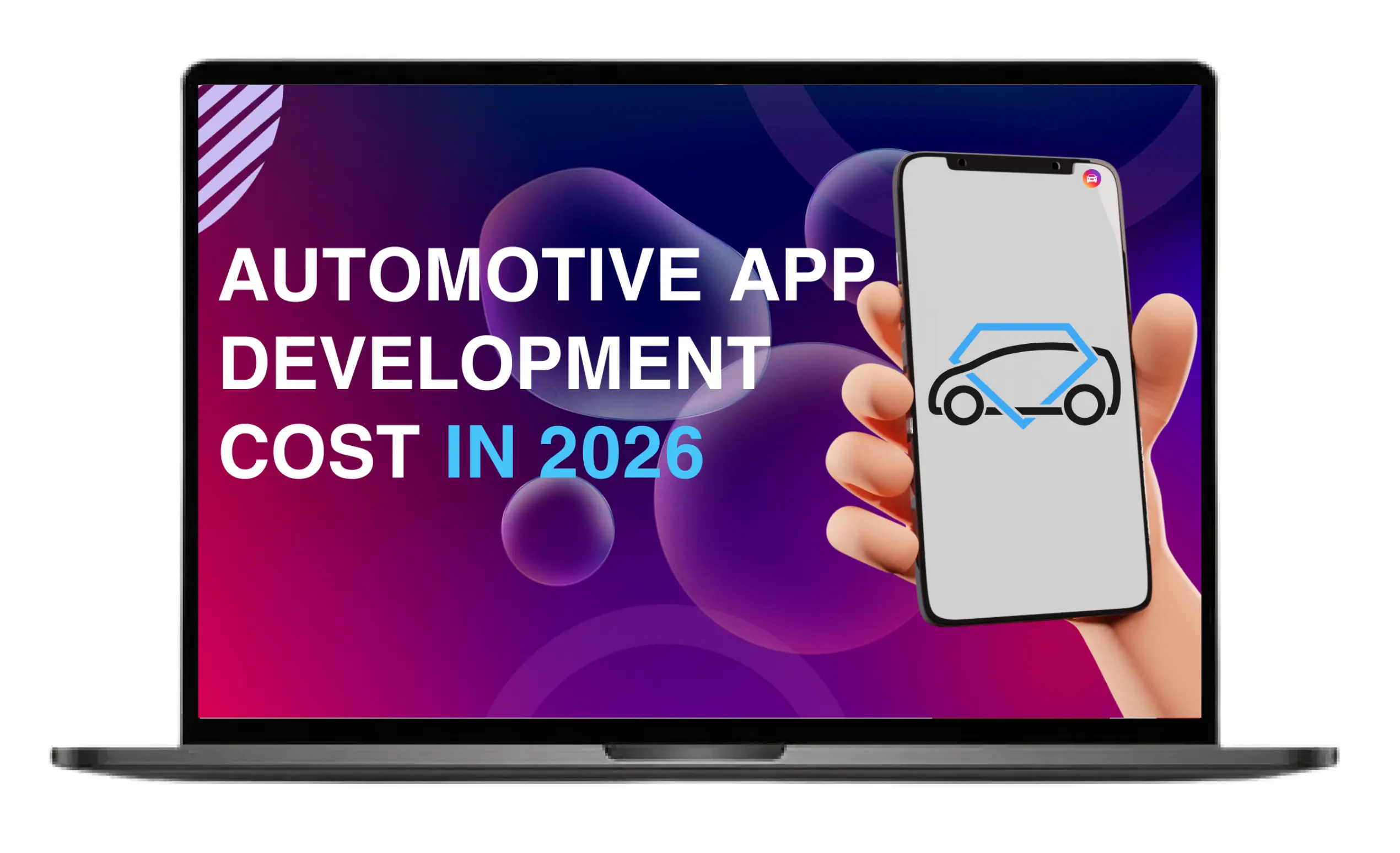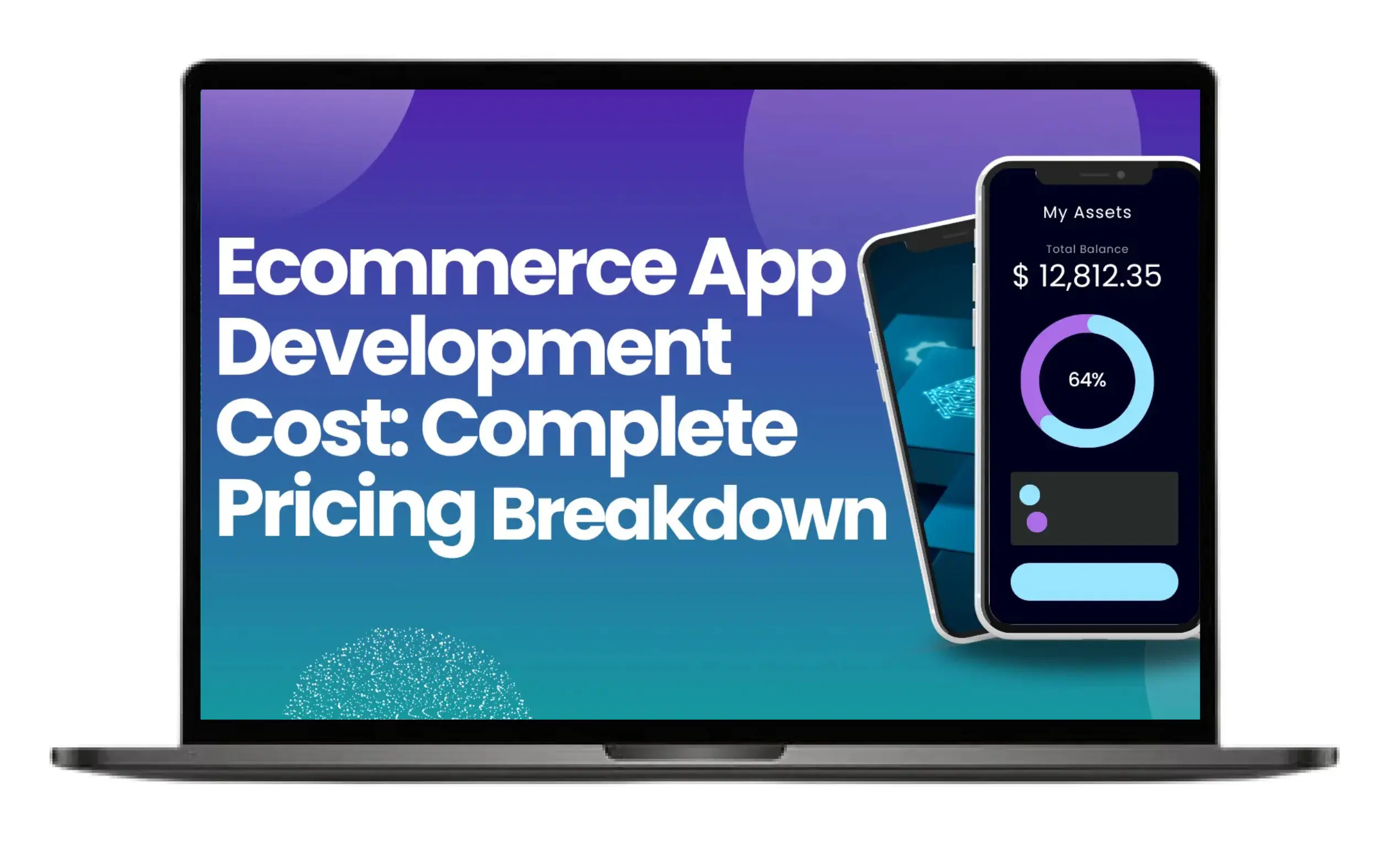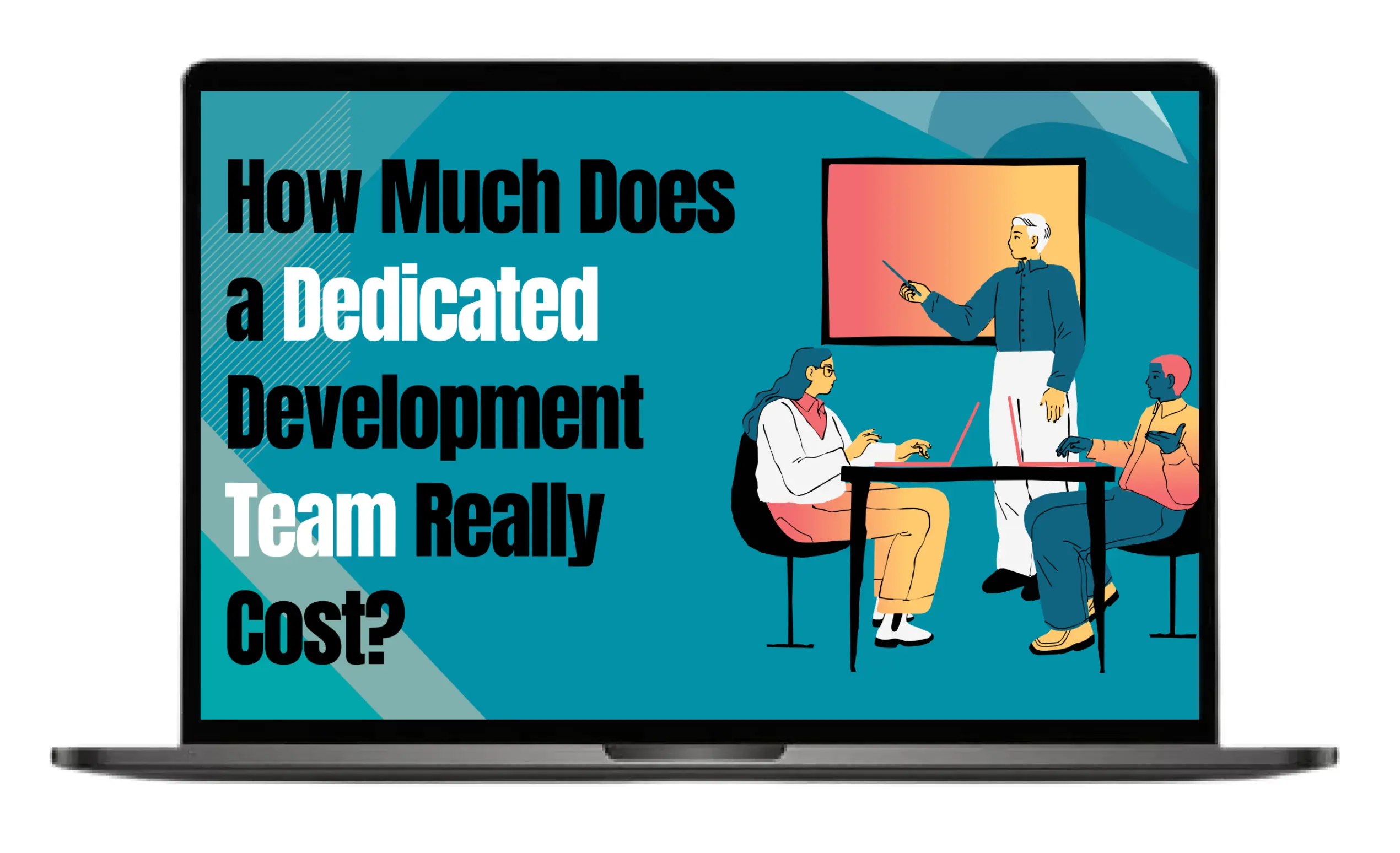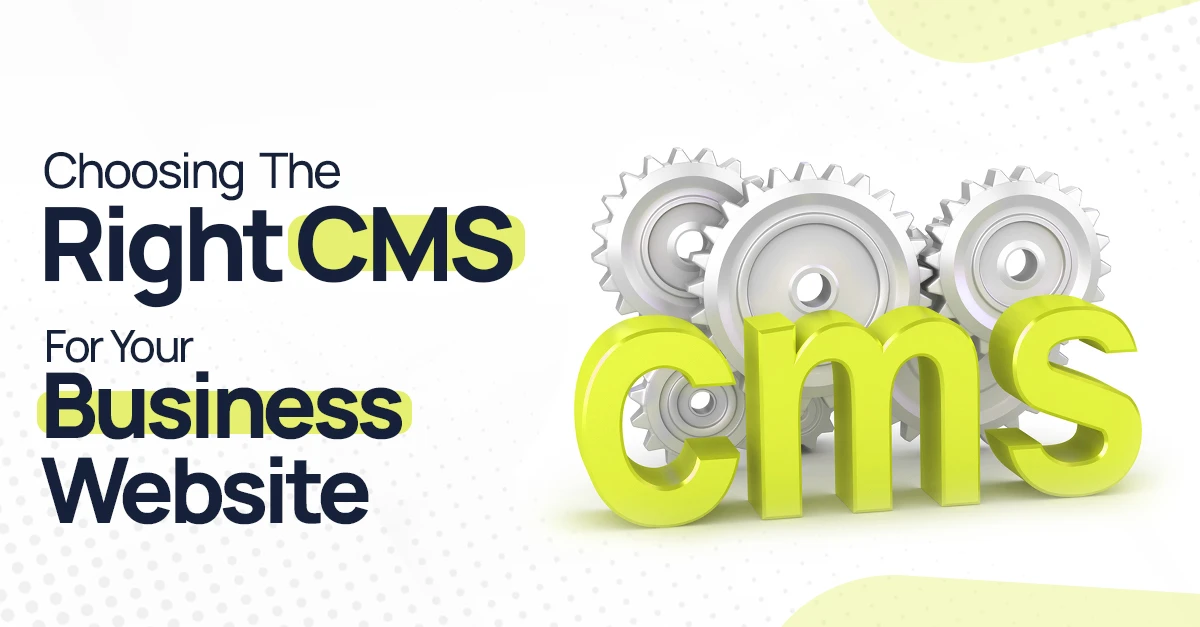
Choosing the right CMS can make or break your website’s success. With so many digital solutions at place, it seems an uphill task to choose what matters to your website the most. Your website effective growth may prove to be problematic, if you overlook this fact.
So what exactly makes the difference? Let’s have an in-depth study of how to choose the right CMS for your business website.
What Is CMS(Content Management System)?
CMS stands for Content Management System. Coming to its definition, CMS is a system that allows its users to manage, update and organize the website content. And guess what? You do not need to hire a coder or a programmer to do all this.
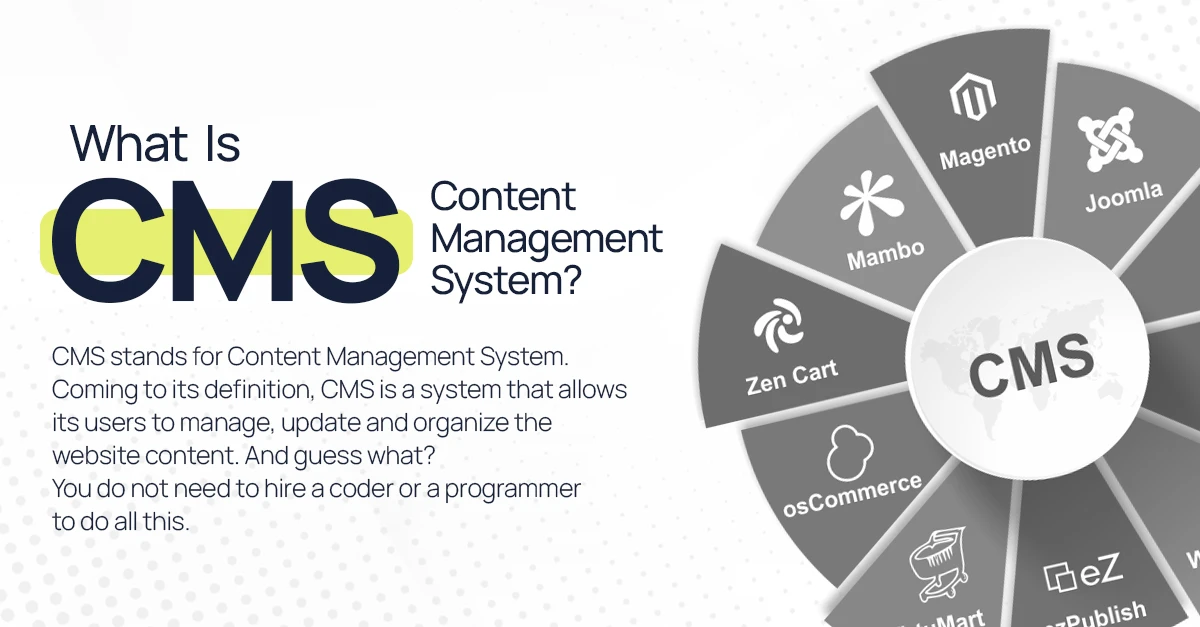
All you need is the right platform, a far-sighted approach and scalability to organize and manage your content.
What Are Some Popular CMS In The Market?
Choosing the right CMS needs thorough and in-depth research on your part as an entrepreneur. Well, if that is so, why not have a bird eye view of some popular CMS in the market? Alright, buckle up!
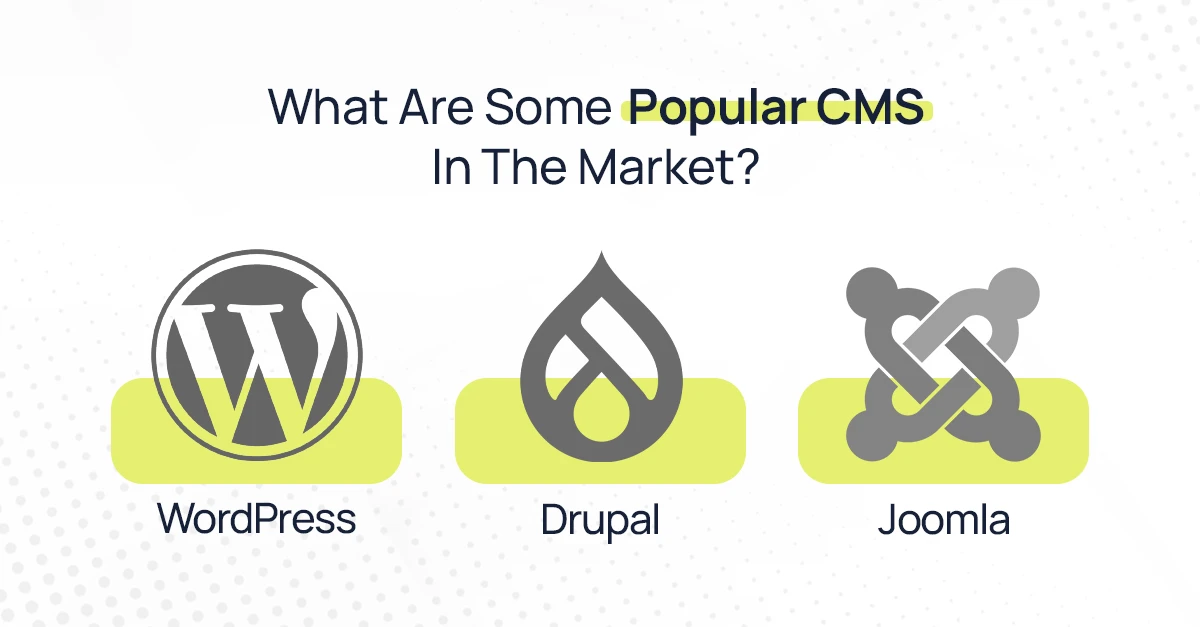
WordPress
The very first big thing is WordPress. Yes you heard it right. WordPress is not a buzzword. Instead it is one of the most widely used CMS in the digital market with 90% of websites are built on this platform.
For context, WordPress is an open-source CMS and is widely used for blogs, business websites and e-Commerce. Because it has a high number of plug-in libraries, WordPress has remained the first option for many website startups.
Drupal
Then comes Drupal which, for the record, is also an open-source CMS. Drupal is flexible and has the ability to customize the complex content. It has been used by government portals and university websites.
For context, Drupal is not beginner-friendly. This is so because you need to have knowledge of its nitty-gritty and content management.
Joomla
When compared to wordPress and Drupal, Joomla is more flexible. It is best for managing complex content structures. Despite its open-source nature, it is kind of not suggested by experts. Also, it has a more smooth collection of themes and extensions compared to WordPress. Nevertheless!
Alright, what is distinguishing in Joomla? It is its uniqueness to maintain a good balance between developer customization and user-friendliness.
How to Choose The Right CMS For Your Business Website?
Enough has been said about why you should choose the right CMS. Let’s talk about how you can make this choice with more subtlety and precision. Emphashing this factor has a reason. This is so because it will have a significant impact on your business growth.
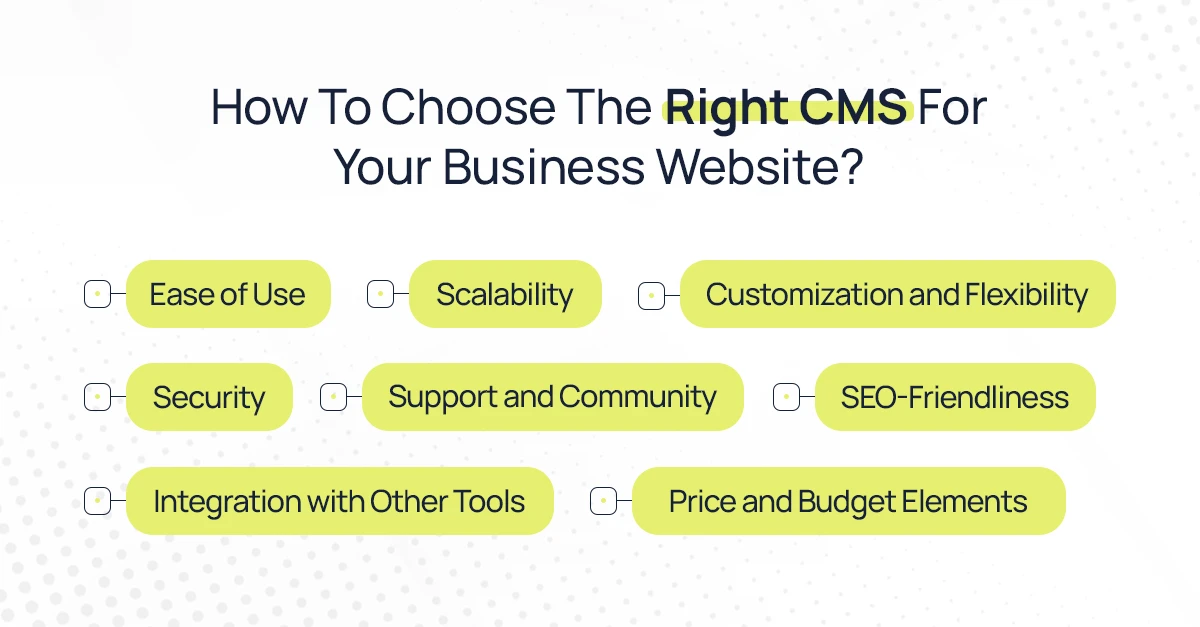
Ease of Use
First thing first, you must select the CMS which is handy. By this we mean, your CMS should be easy to use. It should not have a complicated template or design structure. In simple words, the more accessible and smooth to use it is, the more efficiently your team would manage it. Especially if you have non-technical members managing the website.
Also, have you heard about WYSIWYG Editors? It means what you see is what you get. This implies that easy to use CMS such as WordPress allows you to create and edit pages visually without touching code . And that is a big plus for ease of use.
Scalability
By scalable CMS we mean how well it can grow alongside your business. Remember, when choosing a CMS, you must consider its ability to take load and traffic. Most of the times when website managers expand content such as uploading hundreds of pages, blog posts and articles, their CMS may need more optimization to keep it responsive.
This indicates that their CMS require e-Commerce capabilities and multilingual support. When you consider these factors thoroughly, you will finally get what you are looking for.
Customization and Flexibility
Equally important is the need to consider the customization and flexibility criteria. Technically speaking, when your business goals go beyond the average, you also need a system that is unique in every respect. So, a good CMS must allow you to design, structure and make it functional manually. Same is the matter with flexibility.
The more flexible it is, the more adjustable your content will be and even greater the worth of your website’s backend structure. Therefore, choosing a CMS with strong customization capabilities ensures that your site can adapt to changing needs without having to start from scratch each time.
SEO-Friendliness
You know what matters the most when it comes to a website's success or failure? Its overall ranking on search engines like Google. Rather, check by yourself how many websites are registered on Google. Do all of them rank on the first page when you search for anything? No. At the core of that challenge is simply the need for a more SEO-friendly CMS.
So, the SEO-friendly CMS is what makes it easy to manage elements. These include meta titles, meta descriptions, header tags, image alt texts, and URL structures. Hence, choosing a CMS that is SEO-friendly is the most important factor to consider among many.
Security
Apart from customization and SEO-friendliness, digital success resides on the website’s security. With the rise of cyberattacks and hacking of websites, having a secure digital platform has become more important than ever. A CMS that is secure and authenticated can guarantee your digital success. Be it a simplistic platform like WordPress or a complex one like Joomla, considering the security factor comes first.
Added to that is the factor of how active the CMS’s development team and community are in releasing security patches and updates. Open-source CMSs like WordPress and Drupal have strong security practices. They require proactive maintenance to stay secure.
Support and Community
Remember, the most worth having CMS is the one that has resources available for troubleshooting, such as customer support teams, help documentation, or forums where users can share solutions. After all, support and community are all you need when you are running a business on any given CMS.
Open-source platforms like Joomla and WordPress have a vast community of users who help one another by posting videos, tutorials and in-person guides. So, when choosing a CMS, it is not optional, rather obligatory to consider the support system that CMS has.
Integration with Other Tools
Know that it is never a one man show. You and your business have to rely on some tools to experience long-term success. And when it comes to selecting a CMS, it should have the capability to connect with your existing systems. They may include Customer Relationship Management, some email marketing software and payment gateways.
For example, having an easy way to connect to marketing tools like Mailchimp or Google Analytics can help you track user behavior and optimize your website for better performance.
Price and Budget Elements
Last but not least is budgeting. Yes! You have to be well-prepared for this because you have to pay for some things when choosing a CMS. No doubt, CMS like WordPress are free to use, build websites and manage content. But you still have to consider costs for things like hosting, premium themes, plugins and ongoing maintenance. For example, if you are trying to build an e-Commerce website on a platform like Shopify, you will need to take a monthly or yearly subscription. And this may involve a modest investment to maintain optimal performance and scalability. Along with that, you also have to consider the Scaling phenomenon. Saying this because some platforms charge you higher prices as the website grows. Therefore, taking notes of budgeting and overall pricing is must when choosing a CMS.
Conclusion
So far, so good. Let’s summarize everything that has been stated so far. No doubt, choosing a good CMS plays a pivotal role in long-term business growth and lasting success of the website. Be it security, support, SEO or integration with other tools and customization, you have to consider everything that falls in-between.
Well, that marks the end of this brief guide on choosing the right CMS for your business website. Keep exploring Red Star Technologies for more informative and tech-oriented content.








